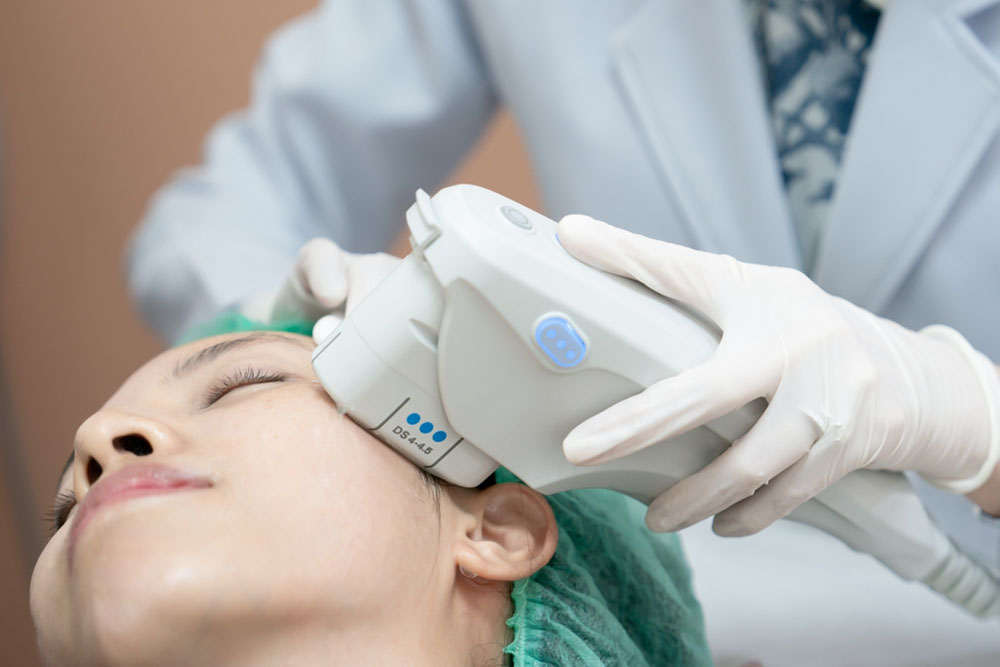Heart disease remains a leading cause of death worldwide. Medical clinics play a key role in prevention. They provide vital services like screenings, lifestyle advice, and routine check-ups. At clinics, professionals catch early signs and intervene before issues become severe. This proactive approach saves lives. Even in specialty clinics, like those that handle Buckhead fibroids, there is an emphasis on whole-body health. By focusing on prevention, clinics reduce heart disease risk and promote healthier lives.
Importance of Regular Screenings
Regular screenings help detect potential heart issues before they escalate. Clinics offer blood pressure checks, cholesterol tests, and glucose monitoring. These measures identify risk factors that might lead to heart disease. Early detection allows for timely intervention, significantly lowering the chances of severe outcomes.
Adopting a Heart-Healthy Lifestyle

Clinics guide individuals in adopting heart-friendly habits. They provide personalized advice on nutrition, exercise, and stress management. This support helps individuals make informed choices that strengthen heart health. For example, eating a balanced diet rich in fruits and vegetables, engaging in regular physical activity, and avoiding tobacco use are core components of this approach.
Role of Routine Check-ups
Routine check-ups are essential for maintaining heart health. They offer a chance to monitor any changes in cardiovascular markers. These visits help track progress and make necessary adjustments to treatment plans. Clinics educate patients about signs and symptoms of heart disease, ensuring they seek help promptly if needed.
Clinic Services and Heart Disease Prevention
Medical clinics offer various services that contribute to heart disease prevention. Here is a comparison of common services provided by clinics:
| Service | Purpose | Benefit |
| Blood Pressure Monitoring | Detects hypertension | Reduces risk of stroke and heart attack |
| Cholesterol Tests | Assesses lipid levels | Lowers risk of artery blockage |
| Glucose Testing | Identifies diabetes risk | Prevents complications related to diabetes |
| Nutrition Counseling | Promotes healthy eating | Supports weight management and heart health |
| Physical Activity Programs | Encourages regular exercise | Improves cardiovascular fitness |
Community and Accessibility
Clinics make heart disease prevention accessible to many. They serve communities by offering affordable screening and counseling services. Clinics often partner with local organizations to reach underserved populations. This collaboration enhances public awareness and supports a broader impact.
Preventive Strategies and Education
Education is key in preventing heart disease. Clinics provide resources and workshops to inform about heart health. These initiatives empower individuals to take charge of their well-being. By understanding risk factors and prevention strategies, people can make positive lifestyle changes.
Utilizing Technology
Clinics are increasingly using technology to improve heart disease prevention. Electronic health records allow for better monitoring and coordination of care. Mobile apps and wearable devices track health metrics, giving individuals real-time feedback. These tools enhance patient engagement and help maintain heart health.
Conclusion
Medical clinics are vital in the battle against heart disease. Their role in prevention is multifaceted—ranging from screenings and education to lifestyle guidance. By prioritizing prevention, clinics help reduce the incidence of heart disease and improve quality of life.



